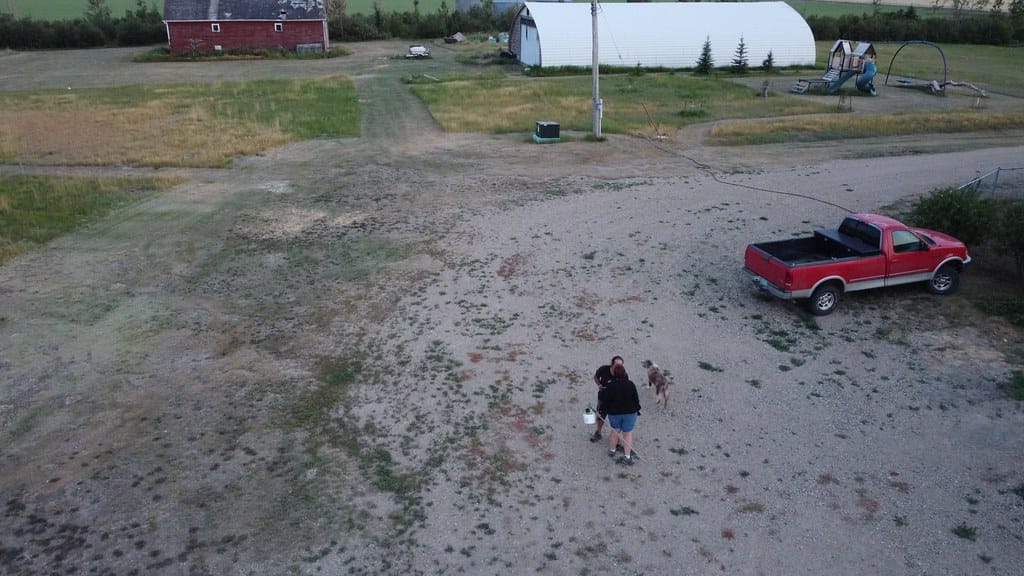California Cities Deploy Drones to Combat Illegal Fireworks, Sparking Privacy Debate
Cities across California are taking to the skies in their fight against illegal fireworks, deploying surveillance drones equipped with high-definition cameras and thermal imaging to patrol neighborhoods and automatically issue fines to violators. This technological approach to enforcement is reshaping how municipalities handle one of summer's most persistent public safety challenges, but it's also raising significant questions about privacy rights and government surveillance.
The New Eyes in the Sky
Several California cities, including Fresno, Bakersfield, and parts of Los Angeles County, have begun utilizing drone technology to monitor fireworks violations during peak seasons like the Fourth of July and New Year's Eve. These sophisticated aircraft can cover vast areas quickly, identify illegal fireworks activity through thermal signatures, and record evidence for automatic citation processing.
The drones operate at altitudes that make them nearly invisible to ground observers while their cameras capture detailed footage of violations. Some systems can even cross-reference property records to mail fines directly to homeowners without requiring traditional police intervention.
"We can monitor 50 square miles with a single drone operator, compared to deploying dozens of patrol officers," explains Captain Maria Rodriguez of the Fresno Police Department. "It's more efficient and keeps our officers available for emergency calls."
Why Cities Are Going Airborne
The motivation behind drone deployment stems from the overwhelming challenge illegal fireworks pose to public safety and city resources. During peak fireworks season, emergency calls can increase by 300-400% in affected areas, straining police and fire departments already operating with limited resources.
Traditional enforcement methods have proven largely ineffective. By the time officers respond to calls, fireworks displays are often finished, and identifying violators in crowded neighborhoods proves nearly impossible. The result has been a cycle of complaints, limited enforcement, and continued violations.
Drone technology offers cities several advantages:
- Comprehensive coverage: Single operators can monitor multiple neighborhoods simultaneously
- Real-time response: Immediate identification of violations as they occur
- Evidence collection: High-definition video provides clear documentation for citations
- Cost efficiency: Reduces need for extensive patrol operations
Financial Impact and Results
Cities implementing drone programs report significant increases in citation revenue and deterrent effects. Bakersfield issued over 2,000 fireworks citations in 2023 using drone surveillance, compared to just 400 citations the previous year through traditional methods. With fines typically ranging from $500 to $2,500, the financial impact on violators can be substantial.
The technology has also proven effective in addressing repeat offenders. Drones can maintain surveillance of known problem areas and quickly identify patterns of violation, allowing cities to focus enforcement efforts more strategically.
Privacy Concerns and Legal Challenges
The expansion of drone surveillance hasn't occurred without controversy. Privacy advocates argue that constant aerial monitoring represents an unprecedented intrusion into residential privacy, even when focused on detecting illegal activity.
The American Civil Liberties Union has raised concerns about the potential for mission creep, where drones deployed for fireworks enforcement could expand to monitor other activities. "Today it's fireworks, tomorrow it could be barbecues, gatherings, or any activity someone deems suspicious," warns ACLU attorney Jennifer Kim.
Legal challenges have emerged in several jurisdictions, with residents arguing that drone surveillance violates Fourth Amendment protections against unreasonable searches. Courts have generally upheld the practice when drones operate in public airspace and focus on clearly illegal activities, but the legal landscape continues to evolve.
The Future of Airborne Enforcement
As drone technology becomes more sophisticated and affordable, more California cities are likely to adopt similar programs. Advanced systems now include artificial intelligence capabilities that can automatically detect fireworks signatures and initiate citation processes without human intervention.
However, the effectiveness of drone enforcement may ultimately depend on public acceptance and proper oversight. Cities implementing successful programs have typically established clear policies limiting drone use, protecting collected data, and ensuring transparency in operations.
Balancing Safety and Privacy
The use of drones for fireworks enforcement represents a microcosm of broader tensions between public safety and privacy rights in an increasingly connected world. While cities report improved safety outcomes and more effective enforcement, the long-term implications of normalized aerial surveillance remain unclear.
As this technology continues to evolve, California cities must carefully balance the demonstrated benefits of drone enforcement with legitimate privacy concerns and community trust. The success of these programs will likely depend not just on their technical capabilities, but on their ability to maintain public confidence while keeping neighborhoods safe.
